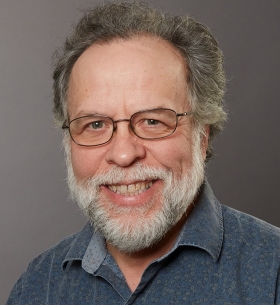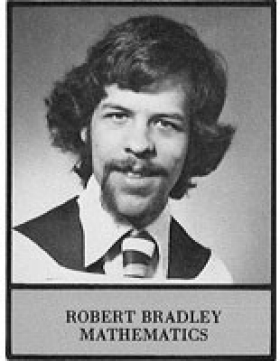Although Robert Bradley, BSc 79, made history as Concordia’s first Rhodes Scholar, he also considers himself to be “the last Rhodes Scholar in Loyola College history.”
Bradley arrived on Loyola Campus not long after the merger of Loyola College and Sir George Williams University led to the creation of Concordia in 1974.
“Loyola still had a very distinct identity,” he recalls. “I was a neighbourhood kid and had two uncles who attended Loyola High School and Loyola College.”
When Bradley crossed the convocation stage as a Department of Mathematics graduate with a 92 per cent average, the faculty valedictorian did so with summa cum laude honours and a trove of awards to his credit.
These included the Governor General’s Medal as the highest-ranked graduate, the Mappin Medal, given to the highest-ranked graduate in the sciences, and the Mathematics Medal.
For good measure, Bradley also won the Malone Medal, then presented by the Loyola Students’ Association for exceptional contributions to non-academic activities.
“I was deeply involved with Radio Loyola,” says Bradley. “That was a wonderful, unforgettable experience.”
Incredibly, Bradley did all of this — and earned a Rhodes Scholarship to attend the University of Oxford — despite sometimes working 14-hour shifts as a restaurant manager as a student.
After completing his master’s degree in mathematics and philosophy from Oxford and a PhD in mathematics from the University of Toronto, Bradley accepted a position to teach and pursue research at Adelphi University.
Now close to retirement, he has spent more than three decades at the well-regarded institution on Long Island, New York. Eight of those years have been spent as chair of the math department.
Outside of the classroom, Bradley keeps a busy schedule, similar to his student days.
The Great Concordian plays guitar in a few bands (one with fellow Adelphi faculty is called the Mad Professors), authors papers, serves as president of the Euler Society and helps to organize conferences and promote scholarly discourse as president of the Canadian Society for History and Philosophy of Math.


 Robert Bradley, BSc 79
Robert Bradley, BSc 79
 Although Robert Bradley, BSc 79, made history as Concordia’s first Rhodes Scholar, he also considers himself to be “the last Rhodes Scholar in Loyola College history.”
Although Robert Bradley, BSc 79, made history as Concordia’s first Rhodes Scholar, he also considers himself to be “the last Rhodes Scholar in Loyola College history.”